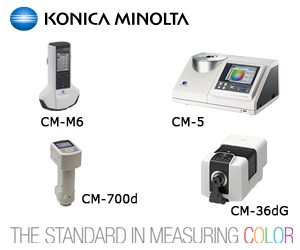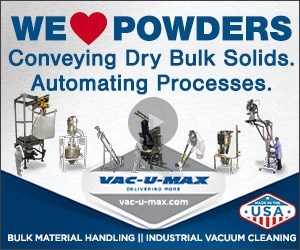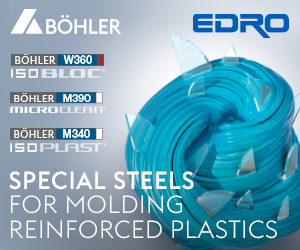Market Outlook: Medical Molders See Growth And Challenges Ahead
Mastio & Company’s most recent Injection Molding Markets Study reveals that medical injection molders consumed just over 664 million lb of resin in 2009 and will gobble up 693.5 million lb this year.
Mastio & Company’s most recent Injection Molding Markets Study reveals that medical injection molders consumed just over 664 million lb of resin in 2009 and will gobble up 693.5 million lb this year. Growth rates through 2012 will average 4.4%, which is fairly strong compared to most other businesses these days, but certainly not as robust as what was expected a few years ago.
Certainly, the medical molding business is less susceptible to economic swings than most other industries. In fact, many of the molders we interviewed for this study saw an uptick in their business last year. A few market leaders have recently added capacity to accommodate the needs of an aging population requiring additional medical care and treatment.
On the other hand, growth rates are being suppressed by vigorous pricing pressure from group purchasing plans and HMOs, along with mergers among the medical-device OEMs. Medical molders are also feeling pressure from hospitals to lengthen the life of their products. Some hospitals spend as much as $1 million a year on incineration, so the heat is on processors to engineer and produce parts that can withstand the myriad of sterilization procedures used throughout the world.
High-growth product areas in this field include drug-delivery systems for respiratory care and diabetes, such as dry-powder inhalers, prefilled syringes, and improved blood-glucose test strips. Although hospitals will continue to be the strongest area for injection molded disposable medical supplies, molders will also see strong opportunities in over-the-counter products, as consumers opt for self treatment to lessen out-of-pocket medical costs.
If you want to get into this market, be prepared to offer more than parts. Medical OEMs are looking for total solutions from their molding partners in areas such as part and tool design, prototyping, and part qualifications/validations, among other things. Some molders are investing more resources into research and product development, believing that new products will define the future of the medical supply business. Competition is also becoming stiffer as more international molders enter the market. It isn’t an easy entry, what with all of the FDA regulations and rigorous product-approval processes put in place by OEMs. And once an OEM approves a molder, it is reluctant to switch because of the red tape involved.
Molders in this business tend to be highly automated and equipped with clean rooms and controlled processing environments. Resins utilized in this market are chosen because they meet FDA standards for clarity, durability, purity, and strength. For some applications, resins must be able to withstand gamma radiation or other sterilization processes without changes in color, dimensions, or physical characteristics.
Commodity resins utilized for injection molded medical devices and disposables include PP, PS, PE, and PVC. Engineering resins accounted for an estimated 18% of total consumption last year. We’re expecting demand for engineering resins to expand due to the need for higher-performing materials in diagnostic testing, drug-delivery systems, preventive medicine, and surgical instruments. PVC faces continuing pressure for materials substitution. Environmentalist groups such as Greenpeace and Health Care Without Harm oppose the use of PVC and are encouraging medical companies to phase out its use.
About the Author
Bart Thedinger is managing partner of Mastio & Company in St. Joseph, Mo., consultants in industrial-consumer opinion research and market trends in the plastics industry. Call (816) 364-6200 or visit mastiogale.com
Read Next
People 4.0 – How to Get Buy-In from Your Staff for Industry 4.0 Systems
Implementing a production monitoring system as the foundation of a ‘smart factory’ is about integrating people with new technology as much as it is about integrating machines and computers. Here are tips from a company that has gone through the process.
Read MoreBeyond Prototypes: 8 Ways the Plastics Industry Is Using 3D Printing
Plastics processors are finding applications for 3D printing around the plant and across the supply chain. Here are 8 examples to look for at NPE2024.
Read More
















